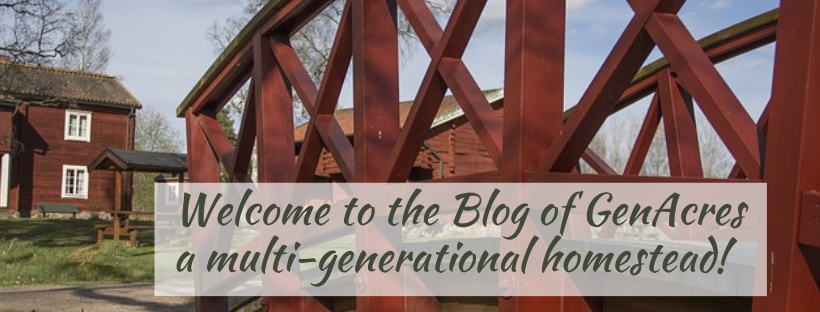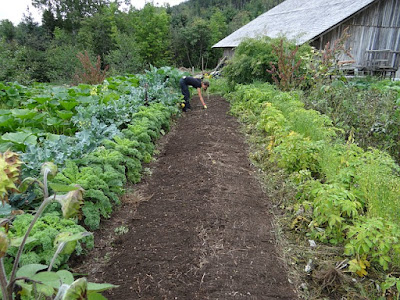It's Organic and Economical!
Growing healthy, juicy vegetables is as much an art as it is a science. One of the most effective yet economical ways to ensure that you grow great vegetables, whether potted or in the vegetable garden, is to use Epsom Salt.
So what is Epsom Salt and why is it so popular among vegetable gardeners?
The main ingredient in Epsom Salt is magnesium sulfate which is an important soil additive for healthy plant life. It allows plants to take in nutrients like phosphorus and nitrogen and enhances the capability of the soil. It assists in the creation of chlorophyll which is used by the plant to convert sunlight into food.
Generally, the benefits of Epsom Salt on plants are many including that it’s organic, it’s gentle on plants and it’s inexpensive!

Here are some specific ways it helps with your vegetable plants:
- Improves flower blooming.
- It enhances a plant’s green color.
- It helps plants grow bushier.
- Greatly improves a plant’s ability to produce fruit and flowers.
- Assists in seed germination and gives a stronger start to seedlings.
- It’s safe, and there is little danger of problems from overuse.
- It doesn’t build up in the soil and it won't have buildup that will clog the root cells of your plants. In fact, Epsom salt can be used for potted plants that have developed a salt accumulation.
- It's organic!
Versatility in its Use!
Another big advantage of Epsom Salt is its versatility in the way it can be used. You can sprinkle Epsom Salt over a large garden area, you can use it to circle around plants or you can add a solution of Epsom Salt to a garden sprayer.
Here are some specifics.
On a New Vegetable Garden Area
If you're just breaking ground on a new plot for a vegetable garden, just sprinkle up to one cup per 100 square feet and work it into the soil.To Help with Transplant Shock
Did you know that using Epsom Salt can reduce transplant shock? Plants can become weak and wither right after transplanting, and Epsom Salt can help reduce that transplant shock to the plant roots. The solution to use for this is one cup of Epsom Salt per 100 square feet.
On Potted Vegetables
Epsom Salt can be safely used with all fruits, vegetables, and herbs.
Water an area with a solution of 2 tablespoons of Epsom Salt per gallon of water and apply at least one time a month for more robust fruiting.
For a Large Vegetable Garden
Fill your tank sprayer with one tablespoon of Epsom Salt per gallon of water. Use this mixture to spray your garden after the initial planting, when the plants start growing and when the vegetables begin to mature.

Tomatoes
Since tomatoes are prone to magnesium deficiency, Epsom Salt is a great way to keep the plants healthy later into the season when the leaves of the plant can turn yellow. You may also have noticed a decreased production as the season wanes on.For tomatoes, it is important to use Epsom Salt at the beginning of the season and all through the season. Add one to two tablespoons of Epsom Salt before sowing seeds or planting a transplant. As the tomato plant matures, work in one tablespoon of Epsom Salt per foot of plant height around the base of the plant. An alternative is to create a spray of one tablespoon of Epsom Salt to a gallon of water and spray the plant every two weeks.
Peppers
Peppers, too, can benefit from using Epsom Salt the same way as tomatoes.In Closing
With this many uses for Epsom Salt in the vegetable garden, you're sure to find several uses for it in yours.
~~~~~~~~~~
















No comments:
Post a Comment
Note: Only a member of this blog may post a comment.